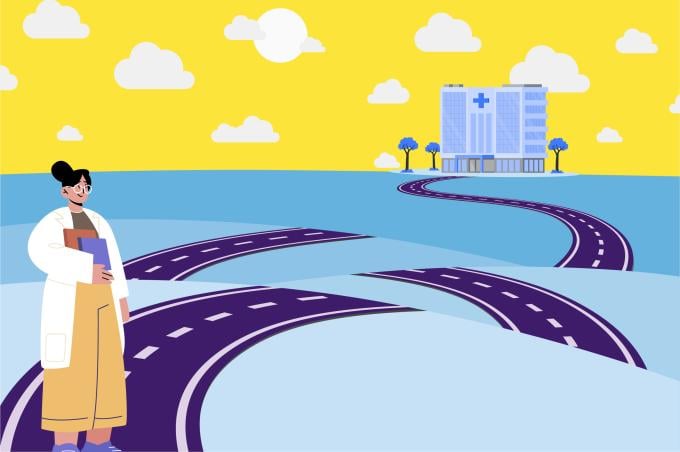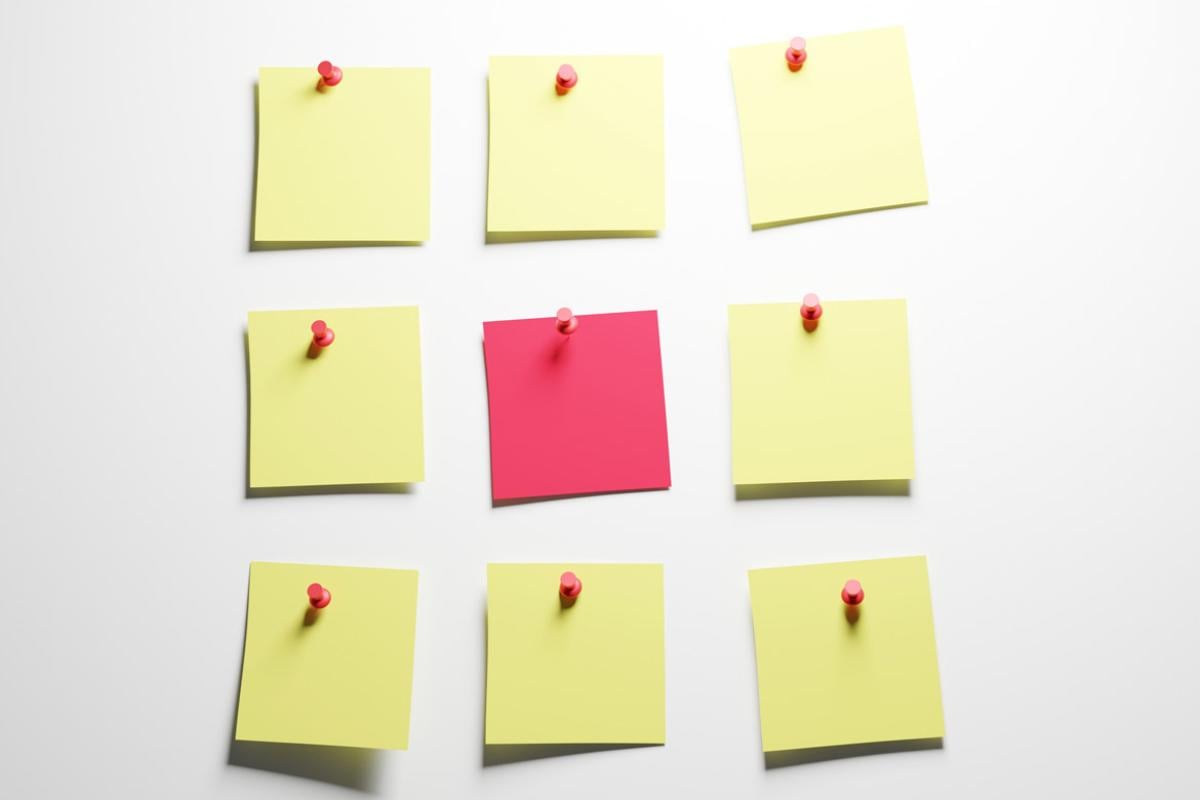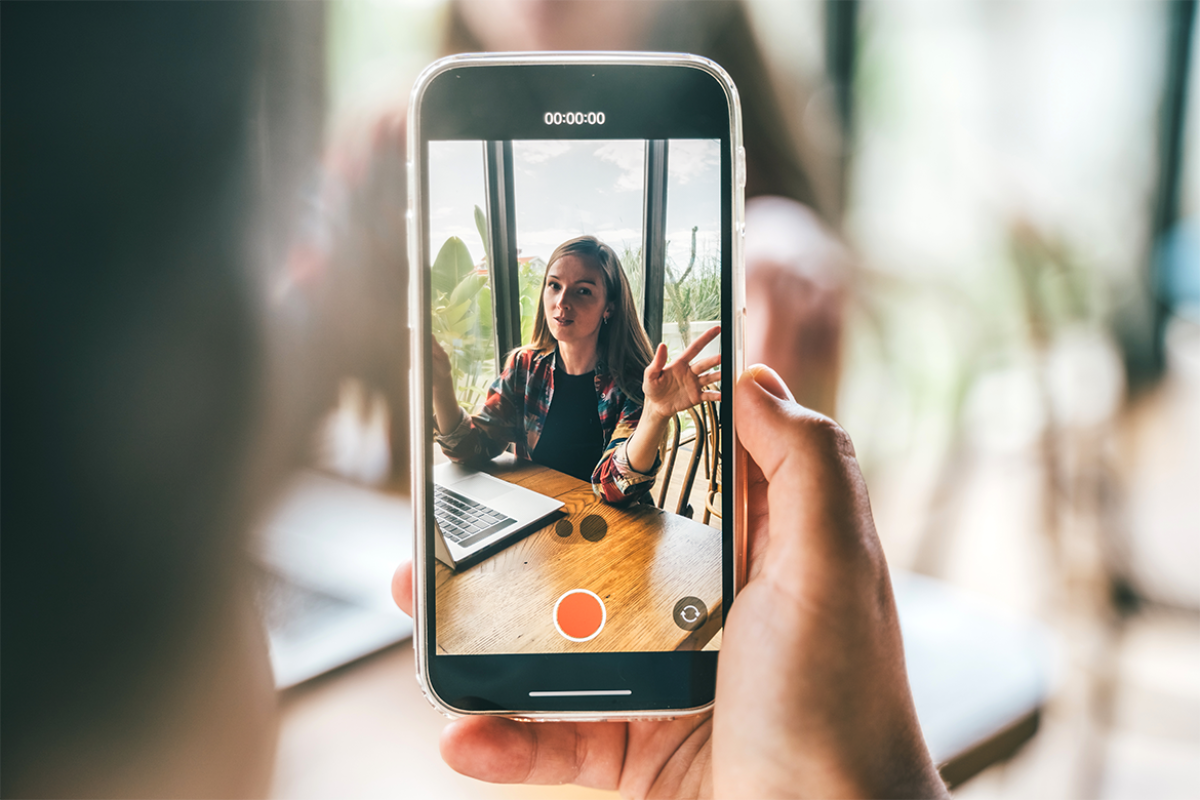From researching programs and specialty selection through rank-order list deadlines and Match Day, the residency selection process is a marathon. To help students successfully cross the finish line—landing one of their desired residency positions—the Meet Your Match podcast, a special series on the AMA’s Making the Rounds channel, offers expert insight on each step of the process.
Broken down by topic below, Meet Your Match can give students unique insight, assurance and actionable tips throughout their Road to Residency. To get the latest episode be sure to subscribe to Making the Rounds on Apple, Spotify or wherever you get your podcast.
Acing your residency interviews
How to nail the virtual interview
The topic: Virtual interviews, a pandemic necessity that may be here to stay, have changed residency selection. What can students do to make format play to their strengths?
The quote: “Virtual interviews have really changed the way that we interview candidates,” said Hilary Fairbrother, MD, associate professor and vice chair of education at UT Health in Houston. “And I think that it's also changed the way that candidates interview us. So, it's changed how we look and consider our candidates who are applying for residency. And the candidates themselves, they see a different side of things when they are not in person, and when they are doing and completing interviews in a virtual format.”
Dive deeper:
- What to do after your residency interview
- Assuaging interview-season angst
- Assessing program culture during virtual residency interviews
- Managing interview invites
Ranking and waiting on Match Day
The topic: After you’ve completed your residency interviews, your rank-order list is the most crucial part of the Match process. Advice from both residents and faculty indicates it should reflect your personal and professional priorities and not rely too heavily on determining how you think programs will rank you.
The quote: “I’d recommend, if people don't have any idea of where to start, is to go with extremes,” said James Docherty, DO, a family medicine resident at United Health Services in New York. “What factors do you think you would not be able to live without? For me, it'd be not being able to run down to my family every weekend or a couple times a month. That was really important to me.”
Dive deeper:
Post-Match to-dos
The topic: When Match Day comes and goes medical student applicants become resident physicians in short order. Coming to grips with that reality, finding remaining opportunities for clinical growth and handling the logistics of becoming an employee are a few key steps to take.
The quote: “There's a legitimate interest in recharging your batteries before starting residency,” said John Andrews, MD, the AMA’s vice president of graduate medical education innovations. “But to simply allow yourself a three-month vacation before starting residency probably isn't the best use of that time. It is an opportunity to take advantage of elements of the curriculum at your medical school that you may not have the opportunity to be exposed to and the specific specialty in which you're training.”
Dive deeper:
Gathering information before you apply
The topic: No decisions impacts your professional future as much as specialty choice. The key considerations in making that decision are highly individualized. Your preferred specialty should fit personality, interests, talents, and life and career goals.
The quote: “Medical school is a long journey and what I would say that each person also has their own journey,” said Kathleen Kashima, PhD, senior associate dean of students at the University of Illinois College of Medicine. “So really the best thing to do is … have conversations with your medical school advisors, talking about your own situation and figure out where you might be in that in terms of the process to deciding, especially in a residency, if you're early on in your medical school career, we want you to be open to options. And if you're further along, we're hoping through your experiences that you're going to gain a better sense of a specialty choice.”
Dive deeper:
Doing the groundwork
Perfecting your application packet
The topic: From letters of recommendation to your CV to filing out the actual fields required by the Electronic Residency Application Service, residency application packet plays a crucial role in the Match process. What are some common application packet mistakes to avoid? How can students make sure their packet reflects their expertise and passion?
The quote: “We always encourage our students don't wait till the last minute because, historically, the electronic databases or systems surrounding the ERAS opening day, the SOAP period, they bog down, they crash,” said Mark C. Meyer, MD, senior associate dean for student affairs, University of Kansas School of Medicine. “And so, we really encourage our students to get it in there, put it behind you, clear your mind and be ready to move to the next level, which is hopefully accepting interview offers.
Dive deeper:
Advice by applicant type
How to approach the Match as a DO
The topic: In recent years applicants from DO-granting medical schools are matching at a similar rate to their MD counter parts. Still there are a few intricacies to the process that osteopathic medical students should keep top of mind.
The quote: “The theme that I always have is for the DO applicants, we're good at it,” said Isaac Kirstein, DO, an internist and dean at Ohio University Heritage College of Osteopathic Medicine Cleveland. “We're good at matching, we're good at getting into programs and our Match placements are very strong. And to be confident in that and be confident in who you are and really know your story.”
Dive deeper:




